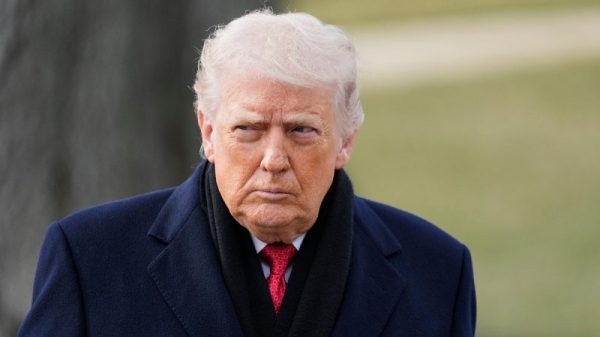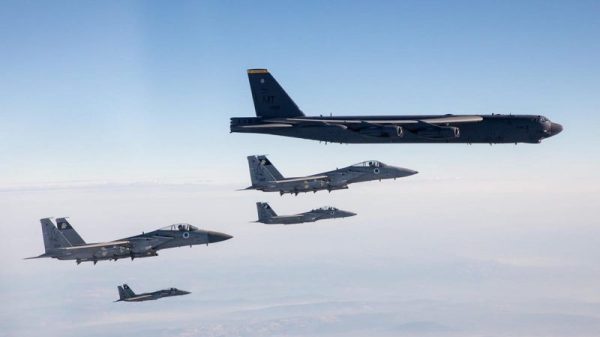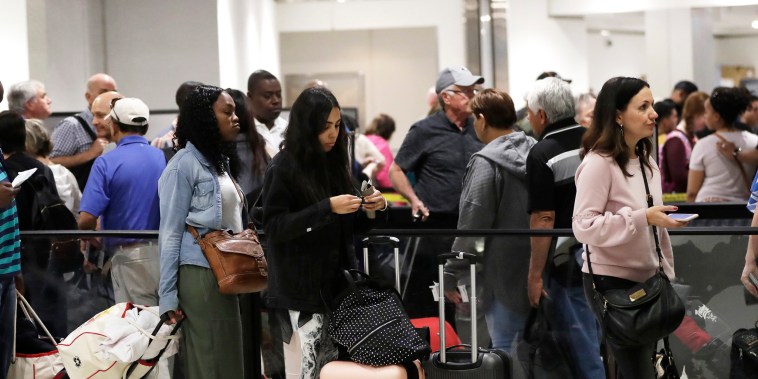The U.S. air travel system is huge and complicated, and it could show significant signs of stress in the event of a federal government shutdown.
As the hours tick by without any indication of progress on a new funding bill, it looks more and more likely that the government will shut down at 12:01 ET on Sunday. Many federal programs and agencies will have to stop funding and their workers will be furloughed.
Federal Aviation Administration employees, such as air traffic controllers, and Transportation Safety Administration employees, like security screeners, would still be expected to report to work but not get paid.
While those people will get back pay sometime after the government gets funded again, they’re not likely to be happy about delayed paychecks, and if the shutdown drags on, more of them will probably stay home. That would contribute to flight delays and cancellations.
We’d like to hear from you about how you’re preparing for a possible government shutdown, whether you might be out of work or feel the effects of shuttered services. Please contact us at tips@nbcuni.com or reach out to us here.
The nonprofit U.S. Travel Association said earlier this month that a shutdown could cause consumers to eliminate $140 million a day in travel spending, would worsen flight delays and increase screening lines.
It could also push back crucial modernization work at U.S. airports that are in poor condition.
The group says that, according to a survey conducted by Ipsos, 60% of Americans said they would cancel or avoid air travel during a shutdown.
Some key essential workers would be affected
At a news conference on Wednesday, Transportation Secretary Pete Buttigieg said his department will have to immediately stop training new air traffic controllers if there is a shutdown, and furlough another 1,000 controllers who are ‘in the training pipeline.’
The FAA says there are 45,000 flights in the U.S. on an average day, a number that has grown over the years even as experts say the agency has been operating without enough air traffic controllers. Buttigieg said the government hired 1,500 controllers this year and plans to hire 1,800 in 2024, but said the training and certification process is so long and complex that even a relatively brief shutdown could prevent that from happening.
‘We finally have that headed in the right direction,’ Buttigieg said of the controller staffing and training. ‘Even a few days or weeks could set us back well into next year.’
That, in turn, could make the system itself more brittle.
Buttigieg also emphasized the stresses that transportation personnel would feel if they don’t get their pay on time, which would almost certainly be exacerbated by ongoing high inflation.
That combination of fragility and frustration actually helped bring about the end of the last government shutdown, the longest ever, which stretched from December 2018 to January 2019.
As it dragged on, unions representing aviation safety inspectors and air traffic controllers said that their furloughs were making air travel dangerous for the public. Some were then ordered to come back to work.
Meanwhile, frustrated at the lack of pay, increasing numbers of security personnel called out sick and lines at airports got longer. Finally, a group of 10 air traffic controllers did the same, causing widespread delays on the East Coast. That helped force an end to the shutdown.






















